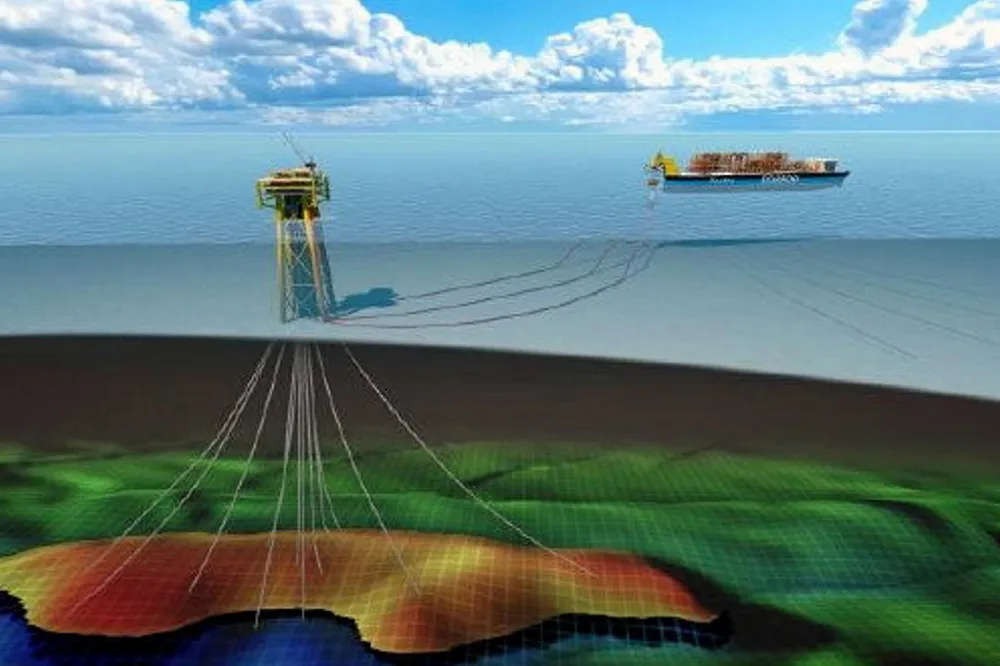Australia's Santos hauled to court to back up 'green' pledges
Australasian Centre for Corporate Responsibility launches legal action against operator's clean energy claims

Australasian Centre for Corporate Responsibility launches legal action against operator's clean energy claims
